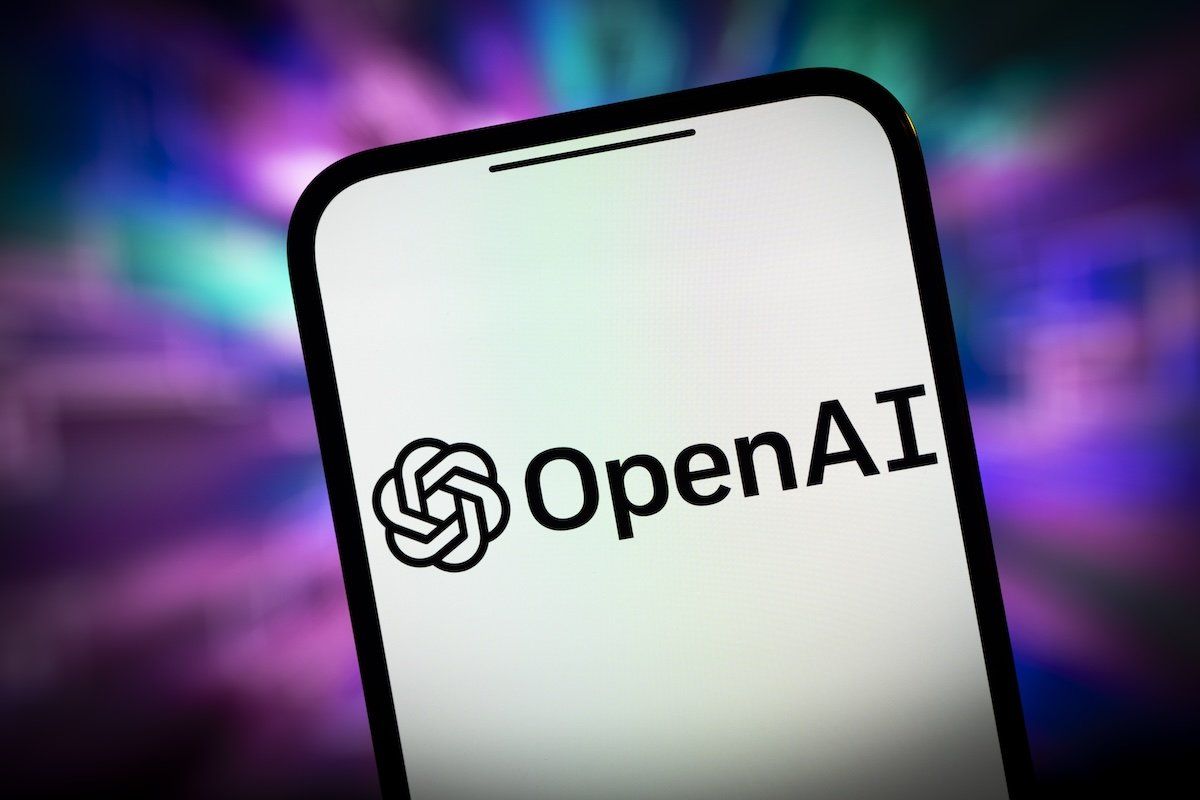Despite the recent Sam Altman ouster and reinstatement, OpenAI’s long-planned sale of private company stock is set to proceed. Before the turmoil, investors — led by venture capital firms such as Thrive Capital, Sequoia Capital, and Khosla Ventures — were hoping for a $86 billion valuation. That sum would make it among the most valuable private tech companies in the world, ahead of payments company Stripe ($50 billion), and Fortnite maker Epic Games ($32 billion), though it still falls short of the largest pre-IPO firms like TikTok parent ByteDance ($223.5 billion) and SpaceX (which expects a $150 billion valuation in an upcoming stock sale).
OpenAI was most recently valued at $29 billion in April after Microsoft invested $10 billion in the company.
With the stock sale set to move forward, the biggest question is whether investor enthusiasm for the shares are at all tempered by the turmoil at the company. Or, rather, has the ordeal left power so consolidated with Altman and Microsoft that those rooting for OpenAI to fulfill its free-market potential are further enamored by the prospect of investing that they blow past the $86 billion mark and toward atmospheric heights?
At the height of the Altman firing saga, investors were reportedly considering writing down the value of their OpenAI shares to $0 — that’s how dire the outlook was. Now, investor Vinod Khosla says OpenAI is “the same or better off than it was last Thursday” and should warrant the $86 billion price tag.” Bloomberg columnist Matt Levine says OpenAI’s true valuation is anyone’s guess but cautions that even though, for now, Altman and Microsoft triumphed over the will of the parent company’s nonprofit board, these not-for-profit motives make OpenAI an eternally risky investment.


















